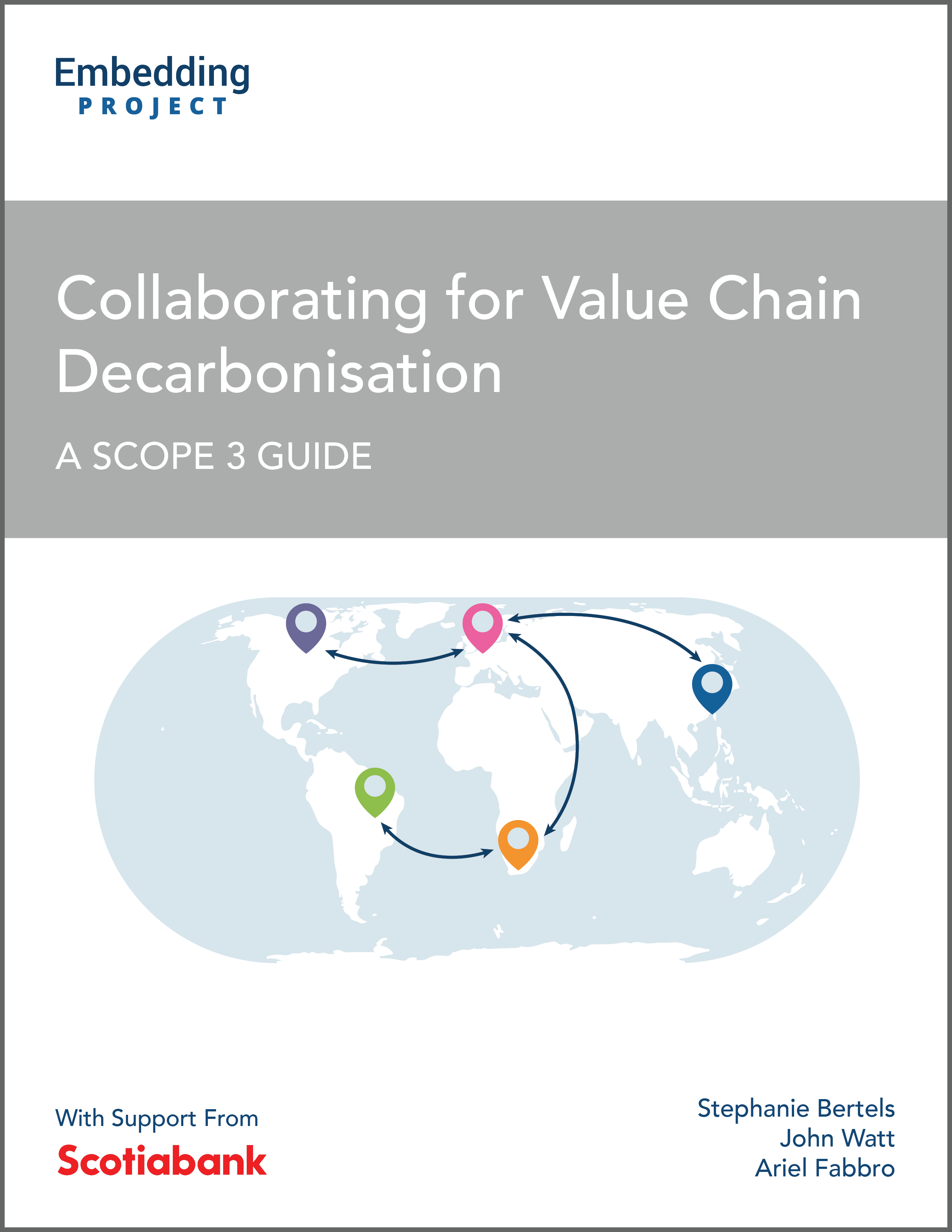Collaborate to understand the potential root causes of issues
Engaging in strategic collaborations is vital for understanding the root causes of sustainability issues and identifying leverage points.¹ You can focus on the most impactful areas by mapping key value chain players, understanding their processes, and assessing environmental, social, and governance risks. Tools like the systems iceberg model can help you decipher the interconnections within your value chain and discover high-impact sustainability solutions. Broaden your influence by seeking collaboration with organisations that share your suppliers, sourcing regions, concerns, vision, or values. Joining or developing multi-stakeholder partnerships can help tackle key leverage points in your value chain. Various forms of collaboration, from regular meetings, workshops, and joint initiatives to buyer events, surveys, or focus groups, can provide opportunities for shared learning, problem-solving, and capacity building.
EXAMPLE: Fair Cobalt Alliance²
Fairphone co-established an alliance to tackle labour abuses in artisanal cobalt mining, including child labour. The alliance includes industry leaders, governments, and NGOs, focusing on child labour prevention and providing education and alternative career training.³
EXAMPLE: ACT on Living Wages Initiative
ACT is an industry-wide initiative targeting the living wage issue in the textile and garment sector. Recognising that retailers alone cannot achieve 'living wages,' the initiative involves manufacturers and unions. It encourages collective bargaining, freedom of association, and responsible buying.⁴
EXAMPLE: Tony's Open Chain Platform
Tony's Chocolate initiated The Open Chain to help chocolate makers eradicate modern slavery and illegal child labour. The platform acknowledges that the "profit-centric, anonymous" chocolate supply chain is skewed, leaving farmers poor and powerless. The platform has designed 5 Sourcing Principles for buyers to follow.⁵ ⁶
EXAMPLE: Conveners find collaborators to tackle marine plastic pollution
NextWave Plastic, co-founded by Lonely Whale and Dell Technologies, is a group of companies fighting marine plastic pollution. Acting as an impartial convener, Lonely Whale identified potential collaborators among companies already integrating ocean-bound plastics into their supply chain.⁷ ⁸
EXAMPLE: The Accord on Fire and Building Safety in Bangladesh⁹
The Accord is a binding agreement by global brands and trade unions ensuring safety in the Bangladeshi Ready-Made Garment industry after the Rana Plaza collapse. The Accord signifies a shift towards multi-stakeholder governance with an independent inspection program, public disclosure, brand-funded remediation, and worker empowerment via training and complaint mechanisms.





